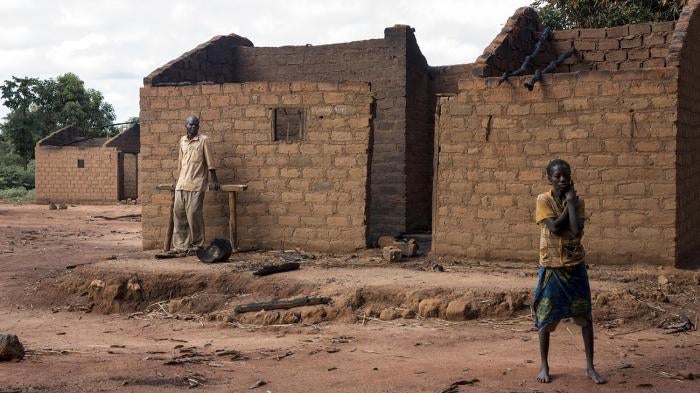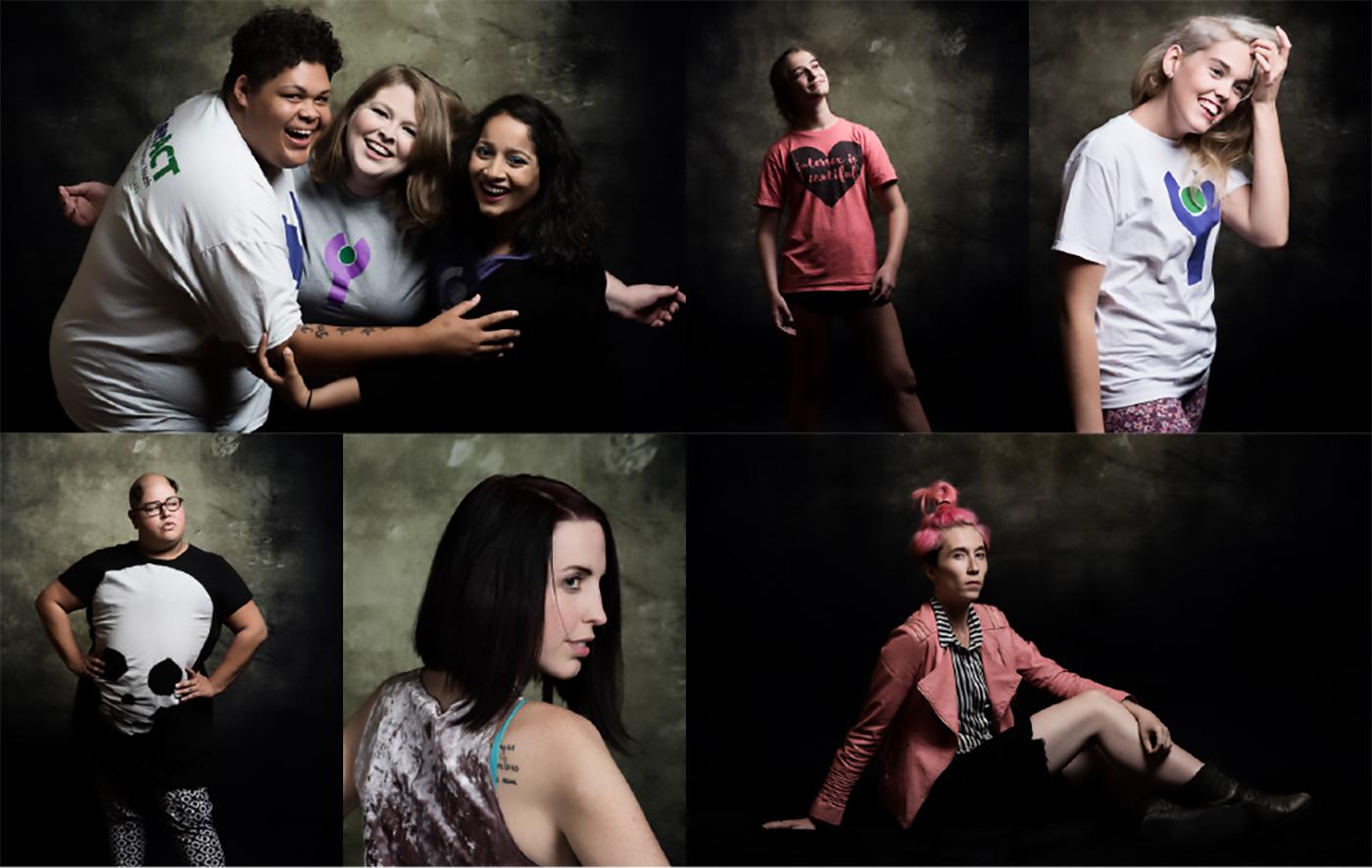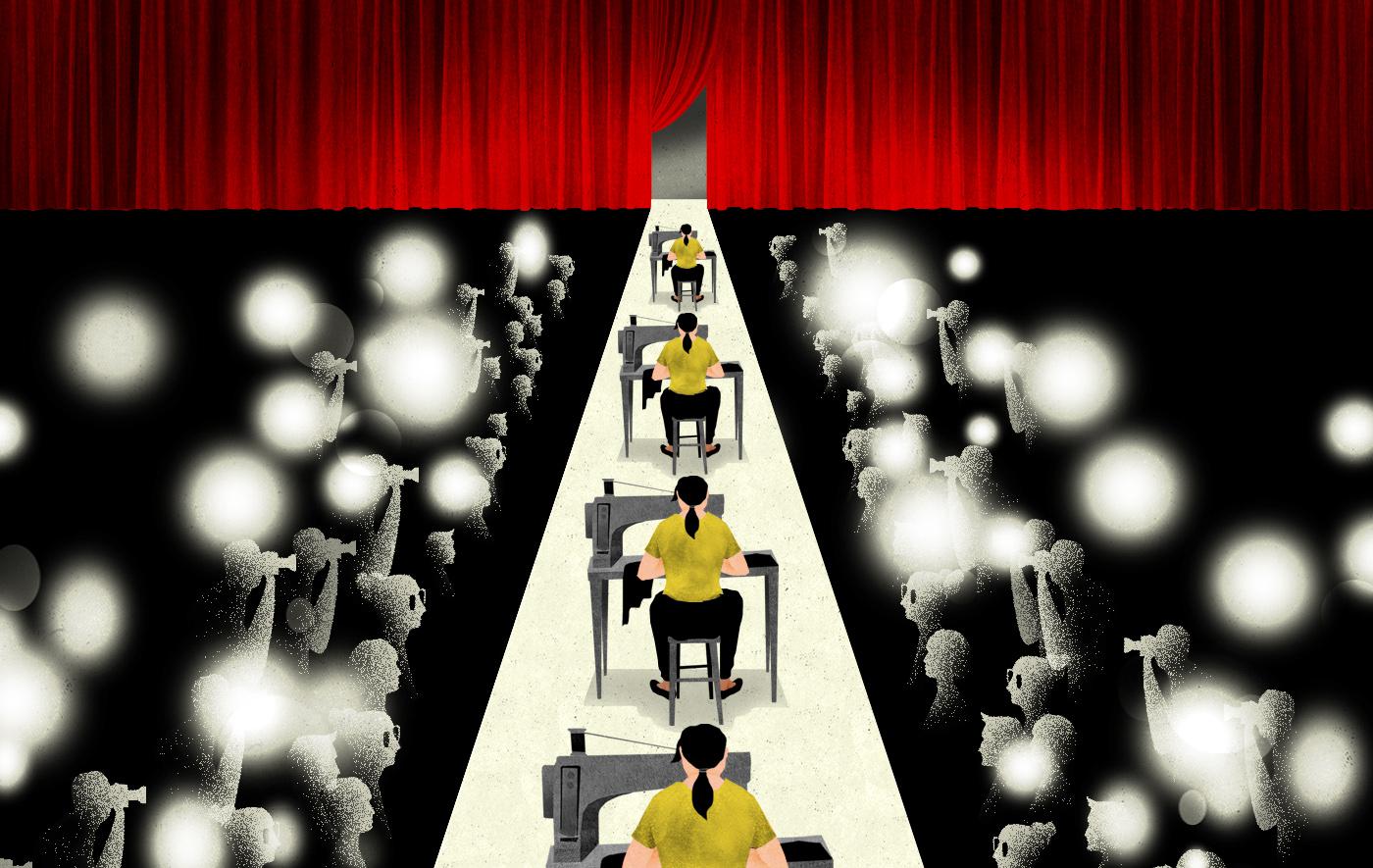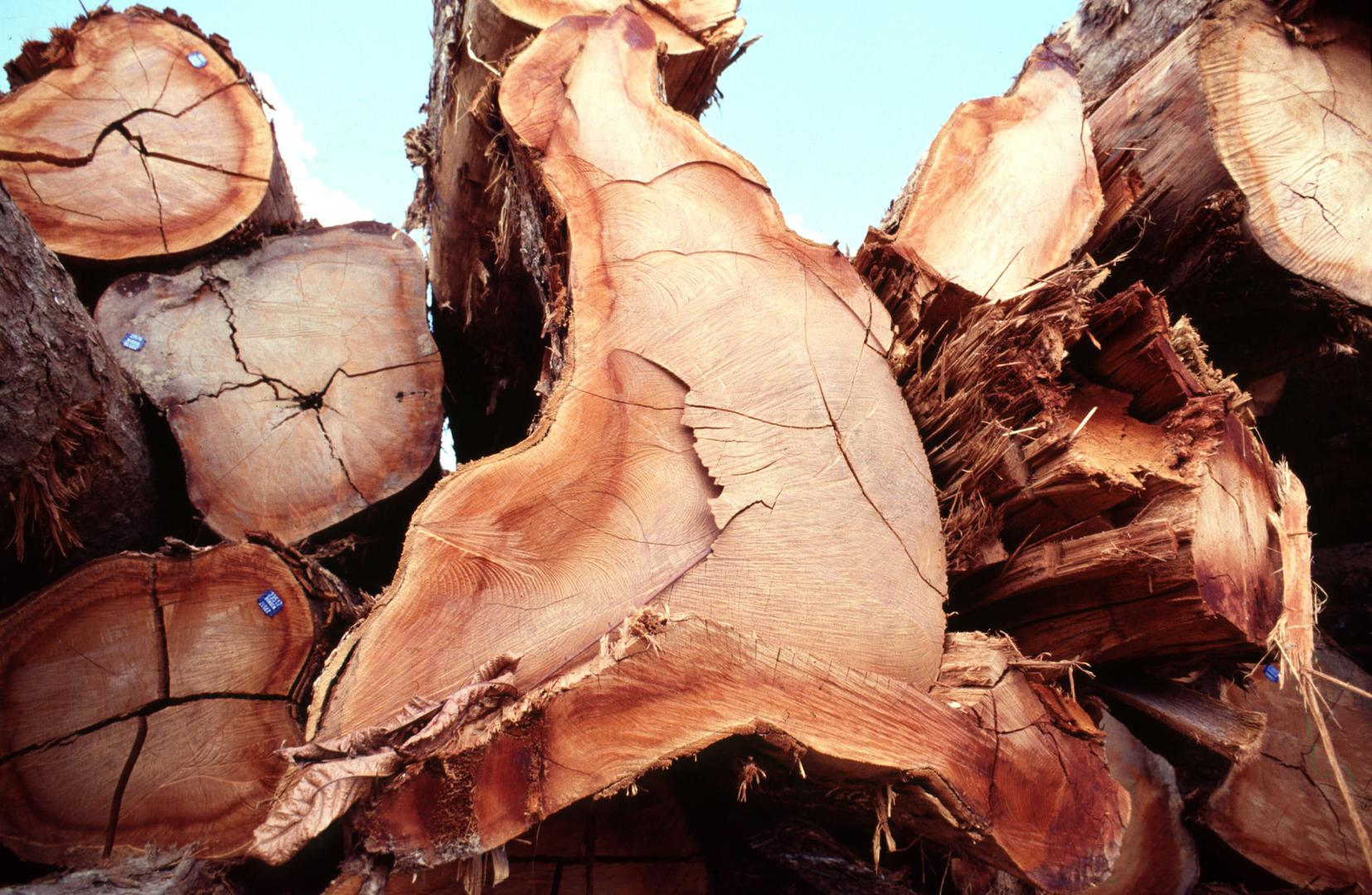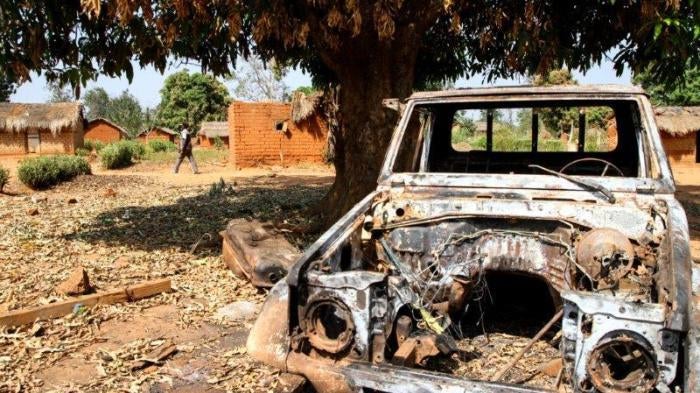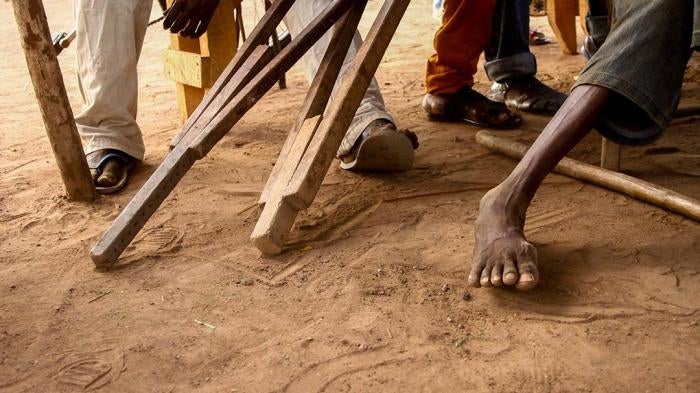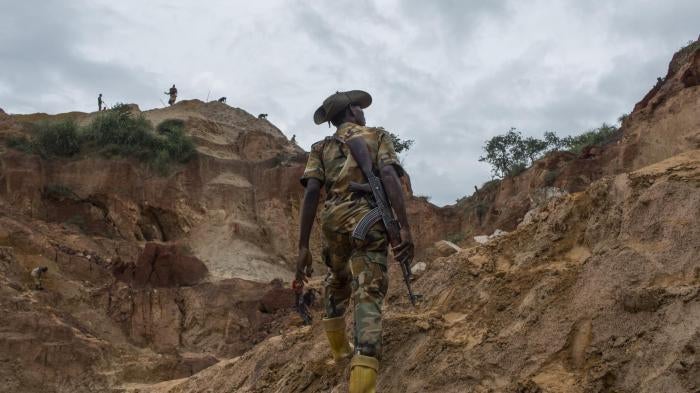President Faustin-Archange Touadéra’s government, with support from international partners, kept control of the capital, Bangui, and surrounding areas in the southwestern region of the Central African Republic. However, much of the country remained insecure, unstable, and beset by serious human rights violations. Armed groups still control key towns, despite the presence of United Nations peacekeepers.
Civilians continued to bear the brunt of fighting in central, northwestern, and eastern regions of the country, where predominantly Muslim Seleka rebel groups, largely Christian and animist anti-balaka militias, and other armed groups remained active. Armed groups killed hundreds of civilians, raped and sexually assaulted women and girls, and burned down villages. Survivors of sexual violence continued to face stigma, rejection, and other barriers to accessing essential services and justice.
Numerous armed groups signed ceasefire agreements in June and October, but the violence and abuses committed against civilians did not stop. While impunity for past abuses and war crimes continued, there was progress toward creating a Special Criminal Court, a hybrid court in the national justice system, and the International Criminal Court (ICC) continued investigations of crimes committed in the country.
The United Nations Human Rights Council renewed the mandate of the independent expert and scheduled a discussion with the independent expert, the UN, African Union (AU), government representatives, and civil society in March 2018 to focus on the impact of the peace and reconciliation process on the human rights situation.
Attacks on Civilians
Human Rights Watch documented the killings of at least 249 civilians between May and September by various armed groups, as violence surged in many parts of the country, most notably in the Basse Kotto, Haut-Mboumou, Mboumou, Ouham and Ouham-Pendé provinces. The actual number of deaths is likely significantly higher.
The Union for Peace in the Central African Republic (l'Union pour la Paix en Centrafrique, UPC), a Seleka faction, carried out some of the worst attacks in and around Alindao, in Basse Kotte province, killing at least 188 people between May and August. The group established a military base in Alindao in February, after the UN peacekeeping mission asked the group to leave their former base in Bambari, Ouaka province. Human Rights Watch documented the rapes of at least 25 women, ages 18 to 50, by UPC fighters during attacks on local communities in Basse-Kotto in May.
On May 13, anti-balaka forces attacked the Muslim neighborhood of Tokoyo in Bangassou, Mboumou province. Nine survivors who fled to Bangui estimated that fighters killed at least 12 civilians, including the town’s imam, as they tried to seek safety in the mosque. Peacekeepers transported Muslims from the mosque to the Catholic Church, where they continued at time of writing to provide protection to approximately 1,500 Muslim civilians.
In July, fighters from the Central African Patriotic Movement (Mouvement Patriotique pour la Centrafrique, MPC), a Seleka faction, attacked a displacement camp in Batangafo, in Ouham province, and surrounding neighborhoods, killing at least 15 people, including three with disabilities, and burning approximately 230 homes and makeshift huts in the camp.
In Zemio, Haut-Mboumou province, local armed Muslims without a clear link to the Seleka killed at least 28 civilians between late June and August, including during an attack on a displacement camp in the town on August 17.
Forces apparently from the UPC and Muslim civilians attacked and killed six volunteers working with the Red Cross in Gambo, Mboumou province, in August.
In October, the armed group “Return, Reclamation, Rehabilitation,” or 3R, comprising of Muslim Peuhl under the command of General Sidiki Abass, took control of Bocaranga, a major town in Ouham-Pendé province, for several days. The UN mission forced them out of the town after several civilians were killed. Also in October, at least 20 Muslims were killed by auto-defense groups, local armed groups often linked to anti-balaka, in the town of Kembe in Basse-Kotto prefecture.
The Ugandan rebel group the Lord's Resistance Army (LRA) remained active in the southeast with allegations of killings and abductions of civilians.
Refugees and Internally Displaced Persons
Fighting and attacks by armed groups forced tens of thousands of people to flee their homes since May, bringing the total number of internally displaced persons (IDPs) in the country, based on UN figures, to 601,600, and the total number of refugees to 538,400, the highest since mid-2014. Conditions for IDPs and refugees remained harsh. Many displaced people had little or no access to humanitarian assistance. Persons with disabilities at displacement sites faced barriers to access sanitation, food, and medical assistance.
About 2.4 million people, out of a population of 4.6 million, needed humanitarian assistance. The humanitarian response plan was only 34 percent funded, with a budget gap of US$328.3 million.
Regional and International Forces
The United Nations peacekeeping mission, MINUSCA, deployed about 10,050 military peacekeepers and 2,000 police across many parts of the country, but struggled to establish security in key areas and to sufficiently protect civilians. The mission is authorized, by virtue of Chapter VII of the UN Charter, to take all necessary means to protect the civilian population from threat of physical violence and to “implement a mission-wide protection strategy.” On November 15, the UN Security Council approved an additional 900 troops for MINUSCA and subsequently asked Brazil to send the additional peacekeepers.
The Regional Task Force (RTF)—the military component of the Regional Cooperation Initiative for the elimination of the LRA (RCI-LRA), an African Union effort to neutralize the LRA—withdrew from the country in early 2017. The presence of these forces, made up primarily of Ugandan soldiers and some American advisors, had a positive effect on general security in the southeast. Their withdrawal created a security vacuum that MINUSCA struggled to fill.
The Ugandan military, deployed in the country since 2009 as a part of the RTF, withdrew its troops as widespread allegations of sexual exploitation and abuse against women and girls resurfaced.
Despite its withdrawal from the RCI-LRA, the US will continue to train local forces in the Central African Republic. The EU military training mission, called EUTM RCA, trained the first of two planned army battalions in 2017.
National and International Justice
Impunity remained one of the main challenges in addressing past and ongoing atrocities. Progress was made towards the operationalization of the Special Criminal Court, a hybrid court with national and international judges and prosecutors that will focus on grave international crimes committed since 2003. In February, President Touadéra appointed the court’s chief prosecutor, Toussaint Muntazini Mukimapa, the former advisor to the military attorney general of the Democratic Republic of Congo, in a process perceived to be fair and transparent, with external partners observing all discussions.
In May, the UN released a mapping report documenting serious violations of human rights and humanitarian law committed over the past 13 years, founding that some may amount to war crimes or crimes against humanity. The report may aid the work of the Special Criminal Court and future justice mechanisms.
In April, Minister of Justice Flavien Mbata announced the appointment of two international judges, followed by the appointment of five national judges in May. In June, the president appointed a deputy international prosecutor.
The Netherlands, the US, and the UN were the principal donors to the Special Criminal Court, but the court’s five-year budget remained only partially covered. The Special Criminal Court also continued to require technical assistance.
The Office of the Prosecutor at the ICC continued investigations into alleged war crimes and crimes against humanity committed in the country. The ICC issued no arrest warrants in 2017.
Jean-Pierre Bemba Gombo, a former vice president of the Democratic Republic of Congo and leader of the Movement for the Liberation of the Congo (Mouvement pour la Libération du Congo), was sentenced to 12-months in jail and fined €300,000 euros (approximately US$353,000) in March for bribing witnesses during an earlier war crimes trial at the ICC. ICC judges found Bemba and four associates guilty of witness tampering in October 2016. Bemba was found guilty of rape, murder and pillage in March 2016 for crimes committed in the Central African Republic in 2002 and 2003.
There was no progress in bringing to justice African Union peacekeepers from the Republic of Congo allegedly responsible for abuses in CAR in 2014. A mass grave exhumed at Boali in February 2016 appeared to contain the remains of 12 people allegedly killed by Congolese soldiers. In June 2016, the government of the Republic of Congo had announced that a judicial procedure was ongoing for this case. A forensic investigation and exhumation was concluded in November and a private report of this investigation was handed to the Central African investigating judge. The victim’s remains were buried in Boali.
